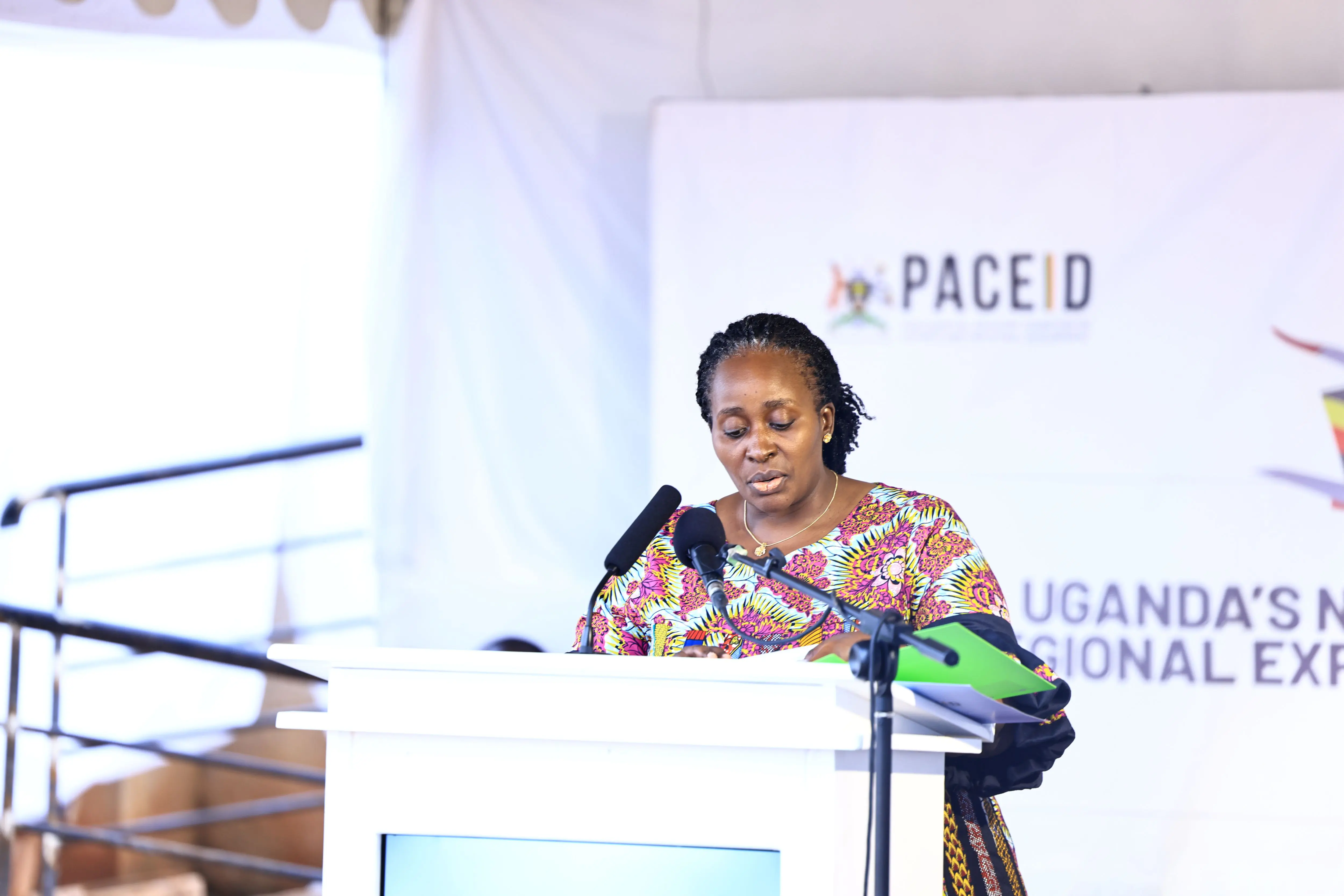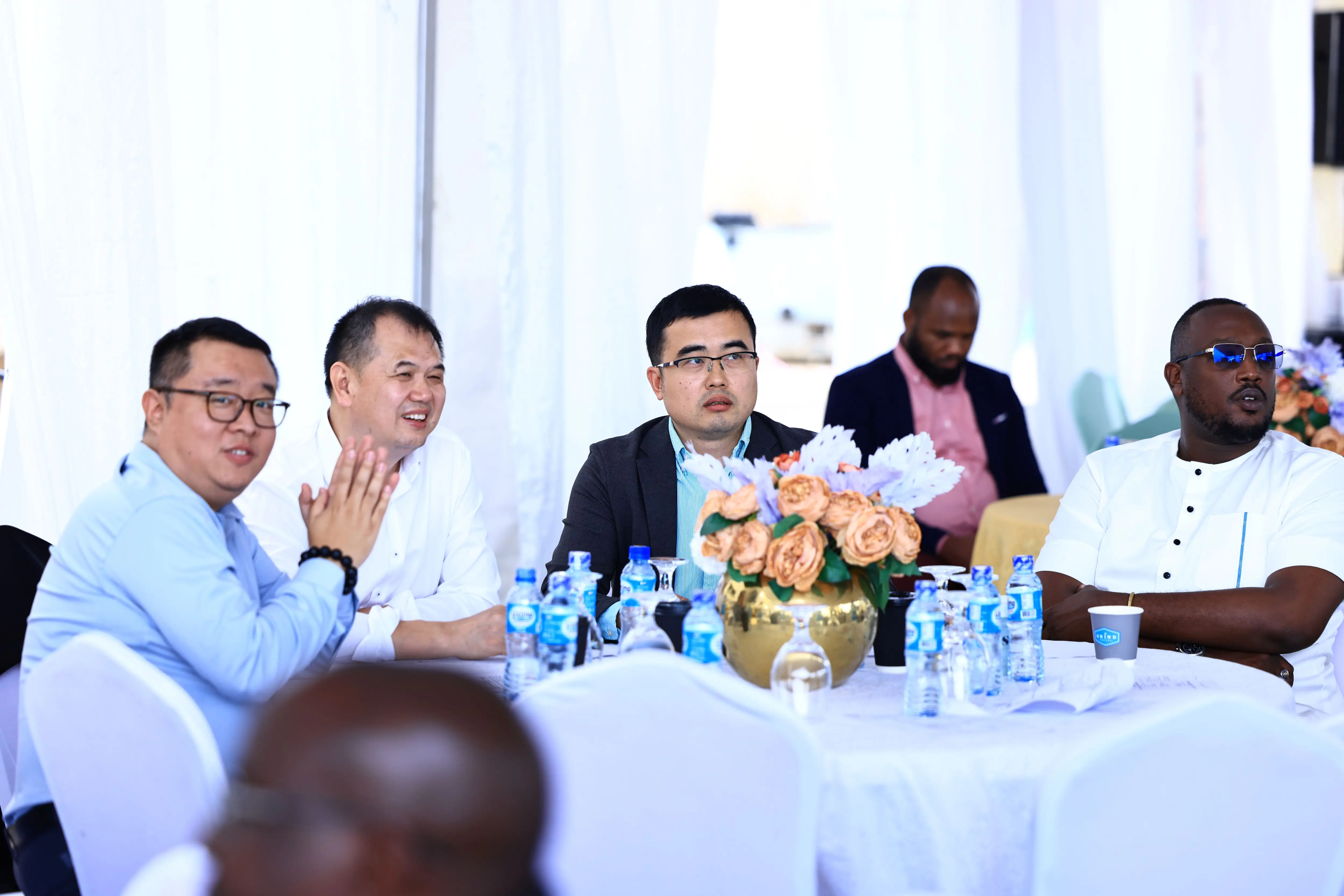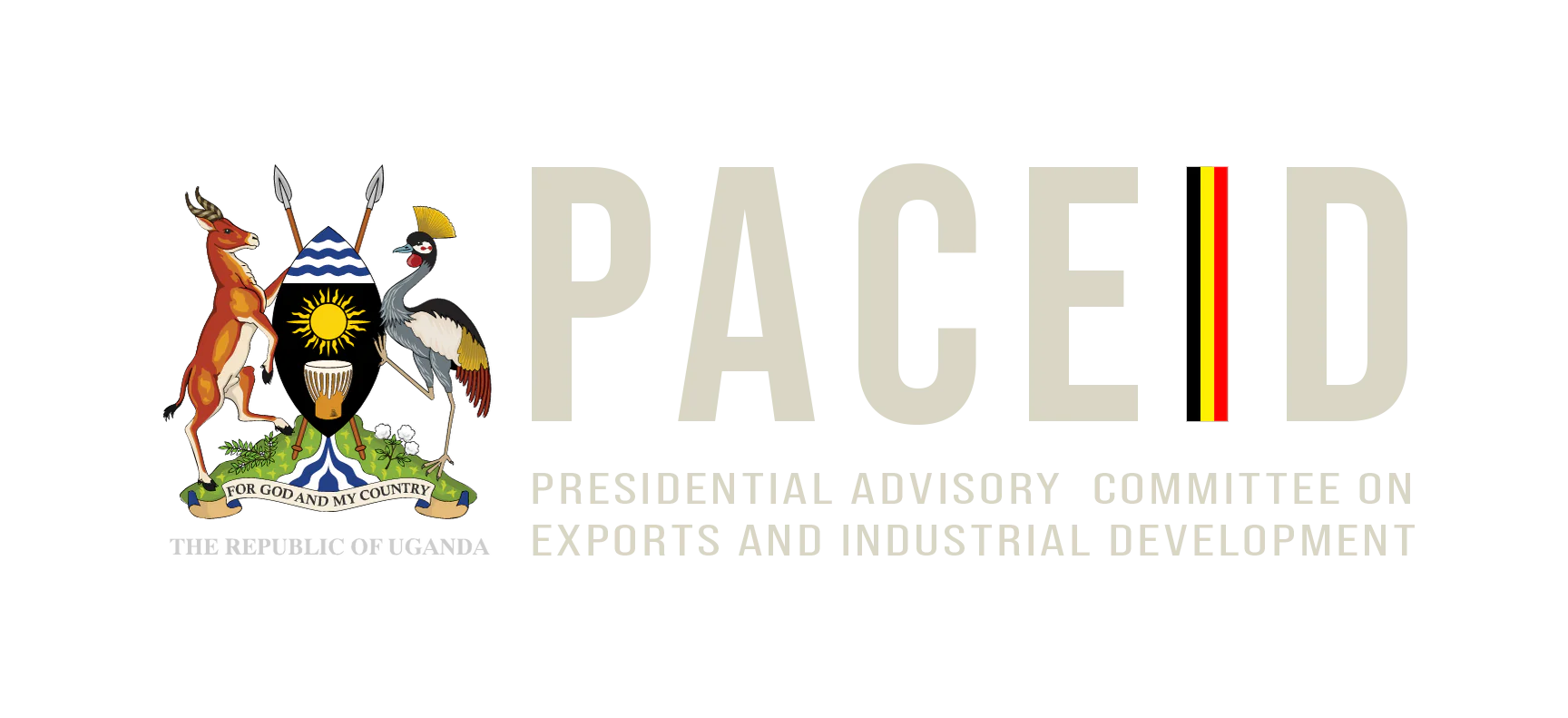President Yoweri Museveni has emphasized the urgent need to address non-tariff barriers (NTBs) that hinder trade within the Africa Continental Free Trade Area (AfCFTA). He said this while officially commissioning the free zone export facility and launching the AfCFTA Implementation Plan at the Uganda Free Zones Authority site in Entebbe yesterday, Monday, December 16, 2024.
He stressed that the majority of Uganda’s trade occurs within the East African region and the broader African continent, making it imperative for the country to activate AfCFTA mechanisms without delay.
“Failure to act quickly hampers the rate of our growth and affects the growth of the private sector,” Museveni stated, highlighting the critical role that seamless trade plays in promoting economic resilience and expansion. “Establishing the Uganda Free Zones export facility is a game-changer for our economy.”
Organized by the Presidential Advisory Committee on Exports and Industrial Development running under the theme 𝙐𝙜𝙖𝙣𝙙𝙖’𝙨 𝙉𝙚𝙭𝙩 𝙇𝙚𝙫𝙚𝙡 𝙂𝙧𝙤𝙬𝙩𝙝 𝘿𝙧𝙞𝙫𝙚𝙣 𝙗𝙮 𝙍𝙚𝙜𝙞𝙤𝙣𝙖𝙡 𝙀𝙭𝙥𝙤𝙧𝙩 𝙊𝙥𝙥𝙤𝙧𝙩𝙪𝙣𝙞𝙩𝙮 𝙐𝙣𝙙𝙚𝙧 𝘼𝙛𝘾𝙁𝙏𝘼, the milestone event was attended by key stakeholders including; government officials, business leaders, investors, and representatives from various international organizations, exporters and other stakeholders from the private sector.
The AfCFTA, which aims to create a single market for goods and services across Africa, presents a unique opportunity for Uganda to leverage its resources and capabilities to meet the growing demand for products on the continent. The implementation plan will outline strategic initiatives and policies to ensure that Uganda maximizes the benefits of this landmark agreement.

Ms. Lynette Bagonza, Permanent Secretary- Ministry of Trade, Industry and Cooperatives speaks to guests at the event
Developed with support from the United Nations Development Programme (UNDP), the AfCFTA National Implementation Strategy for 2023/24 – 2032/33 defines the strategic direction for Uganda’s trade sector. It sets the objectives, interventions, and targets to achieve Uganda’s aspirations within AfCFTA. The Strategy seeks to leverage deeper integration within the AfCFTA framework by expanding Uganda’s trade beyond the EAC and Common Market for Eastern and Southern Africa (COMESA), attract investment, support structural transformation, foster economic and sustainable development, and ultimately, contribute to achieving Uganda Vision 2040.
The President’s call to action serves as a reminder of the importance of collaboration and commitment among African nations to overcome trade challenges and unlock the full potential of the AfCFTA.

Guests following proceedings during the launch
The AfCFTA, which aims to create a single market for goods and services across Africa, presents a unique opportunity for Uganda to enhance its trade relations and boost its economy. However, the presence of non-tariff barriers—such as regulatory obstacles, customs delays, and inadequate infrastructure—poses significant challenges that need to be overcome to fully realize the benefits of the agreement.
Museveni’s remarks come at a time when many African nations are looking to strengthen intra-African trade as a means of economic recovery and growth. By streamlining trade processes and reducing NTBs, Uganda can position itself as a key player in the regional and continental markets, attracting investment and fostering innovation within its private sector.
The President expressed his commitment to Uganda’s economic transformation and the vital role of regional trade in achieving this vision.
PACEID Chairman Odrek Rwabwogo is optimistic that this initiative will benefit Ugandan businesses and contribute to the broader goal of regional integration and economic development across Africa. “We are excited to take this monumental step towards enhancing our export capacity and fostering economic growth through the AfCFTA. This will position Uganda as a production, trade, investment, and logistics hub in the AfCFTA to achieve structural transformation in an inclusive and sustainable manner.”
On the sidelines of commissioning the free zones export facility launch of the AfCFTA Implementation Plan, the President witnessed the signing of a commitment document for the first shipment of Ugandan products to Nigeria under the AfCFTA protocols in January 2025. Ani Charles Bassey Eyo, Uganda’s Trade Representative in Lagos, Nigeria signed on behalf of his country while Brenda Katarikawe Opus for Uganda. This consignment aims to facilitate market testing and profiling of consumer tastes and preferences in Nigeria, thereby laying the groundwork for expanded trade opportunities. The shipment will include; coffee, black and green tea, milk, fish, and pharmaceuticals, with a target of quantity of one ton per product.

Ani Charles Bassey Eyo, Uganda’s Trade Representative in Lagos, Nigeria signed on behalf of his country while Brenda Katarikawe Opus, Director Markets- PACEID, for Uganda
Present to witness proceedings were government officials, business leaders, Uganda’s Trade Representatives, and stakeholders from the private sector, all united in the vision of a prosperous and integrated Africa. Officials from Uganda Civil Aviation Authority, Uganda Free Zones Authority, Hortifresh Association Uganda Ltd, Ministry of Finance, Planning and Economic Development, United Nations Development Programme, Uganda Export Promotion Board, Uganda Revenue Authority, Uganda Investment Authority, Private Sector Foundation Uganda, Uganda National Bureau of Standards, Uganda National Chamber of Commerce and exporters from various sectors; coffee, grains, dairy, tea, tourism and others were present at the event.

